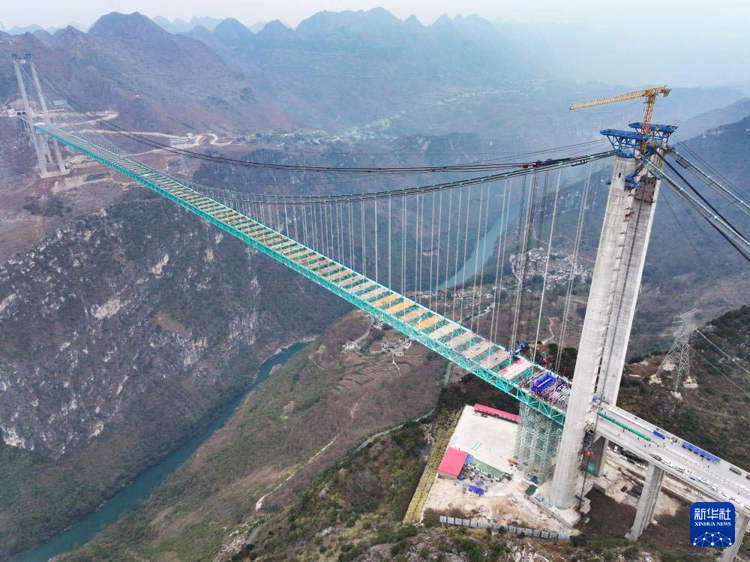People are always looking for legal loopholes to help them get away with various crimes, but when it comes to murder, the chances of avoiding a criminal trial are pretty slim. Unless they commit the heinous act in the “Zone of Death”, a remote area of Yellowstone National Park where one can apparently kill someone, openly admit to it, and not face legal consequences.
Brian Kalt, a law professor at Michigan State University, discovered the judicial no-man’s land in 2004, while looking for interesting material for an article. He was researching legal gray areas when he stumbled upon a reference to the unusual jurisdiction of Yellowstone National Park, and red flags went up in his head. He quickly realized that that because of the way that the vast park geographically covers three US states, but only one of them has legal jurisdiction over all of it, getting a murderer on trial would be virtually impossible.
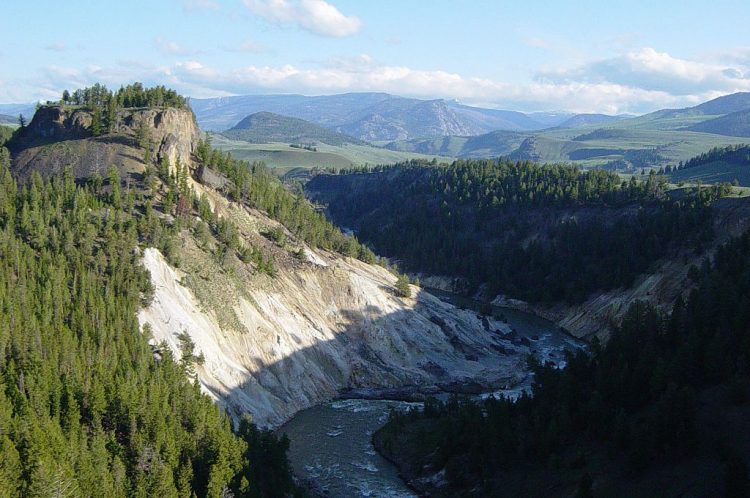
Photo: Daniel Mayer
Like all national parks, Yellowstone is federal land, and it is also the only federal court district in the United States that crosses state lines. The bulk of it is in Wyoming, but small portions fall in Idaho and Montana. That doesn’t mean very much to the average person, but as a constitutional lawyer, Brian Kalt immediately knew that it was a major legal loophole. You see, Article III of the United States Constitution requires federal criminal trials to be held in the state in which the crime was committed, but according to the Sixth Amendment, a criminal defendant has the right to a trial by jurors living in the state and district where the crime was committed. So what happens when the crime is committed in the 50-square-mile uninhabited area of the park located in Idaho? It would be impossible to form a jury, Kalt says.
“The more I dug into it, the more interested I got,” Kalt told VICE Magazine, last year “People have this fascination with uncovering a loophole for the perfect crime. There are a lot of different approaches to it. But in terms of geography, there’s just this one spot.”
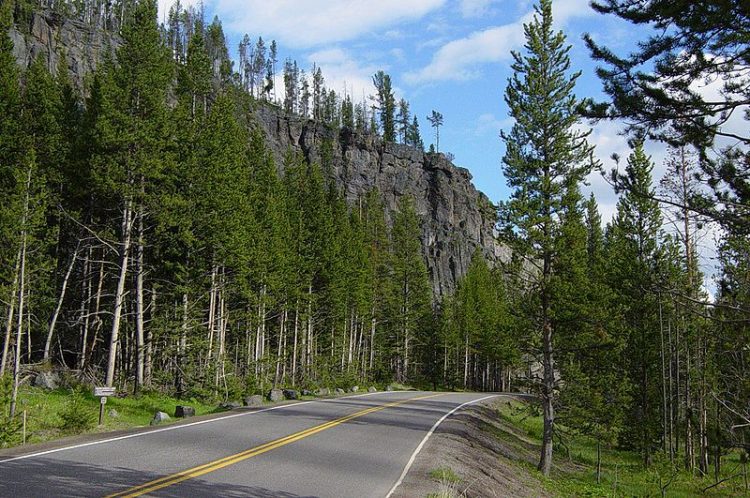
Photo: Daniel Mayer
Convinced that he had gone over all the details and that his arguments made sense, Brian Kalt decided to write an article about the Yellowstone Zone of Death. There was one problem though – he feared that someone might read it, take the person they most disliked to Yellowstone and actually kill them there. So before publishing his paper, he sends copies of it to the Department of Justice, the US attorney in Wyoming, and the House and Senate judiciary committees, hoping that they would close the loophole, making his article a simple “what might have been” story.
Fixing the judicial problem would have been easy, and Kalt even drafted legislation language in his letters. It was three lines long and it simply suggested dividing Yellowstone into three federal districts, with each of the states getting jurisdiction of the portions that fell on their land. Shockingly, to this day, no one has done anything about this problem.
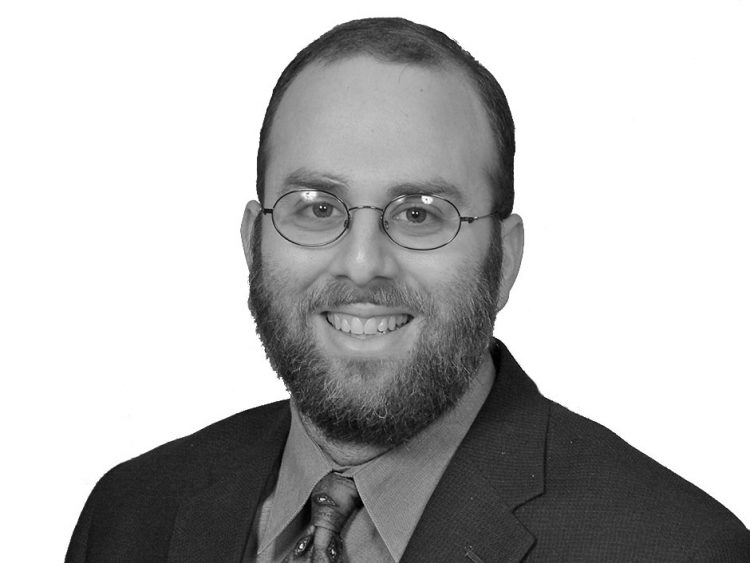
Brian Kalt
“I naively thought that once Congress found out about this, they’d think it was a problem worth fixing and they’d fix it,” the law professor said. “But nothing happens in Washington just because it’s a good idea.”
But while the US judiciary authorities pretty much ignored Kalt’s discovery, the media was all over it as soon as his paper was published. Articles about the Zone of Death, or the perfect place to commit murder were published by the Washington Post, NPR, BBC and even newspapers in Japan. News soon reached Wyoming-based crime writer C. J. Box, who decided to use it as a plot for his best-selling novel, “Free Fire”.
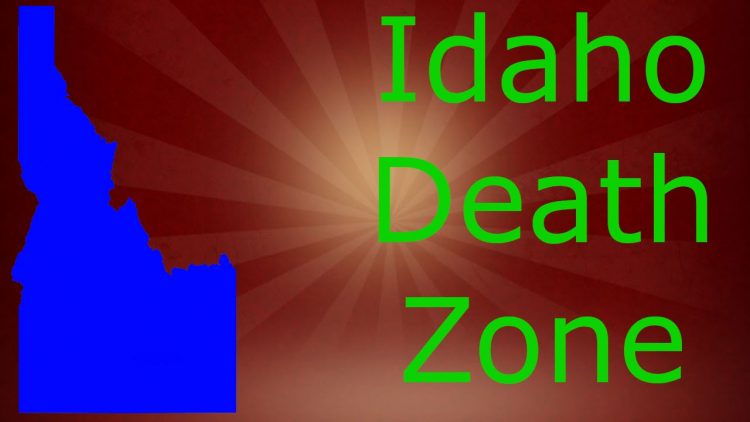
“I write about mystery, suspense, and crime, so the idea of a perfect crime anywhere, and especially in my neighborhood, was just really intriguing,” Box told VICE. “Every time I go on tour, someone asks me about it. The book is sold all over Yellowstone, which I find really interesting. People are still buying it like crazy.”
Thankfully, no one has ever tested Brian Kalt’s theory does far, primarily because it wouldn’t be the easiest thing in the world to pull off. First of all, it would have to be a serious enough crime to need a jury trial, as lesser offenses could just warrant fines or short prison sentences. Also, the whole thing would have to be orchestrated in Yellowstone, otherwise the perpetrator could still be charged with “conspiracy to commit murder” in another district. And, even so, a person could still face civil lawsuits, like getting sued by relatives of the victim.
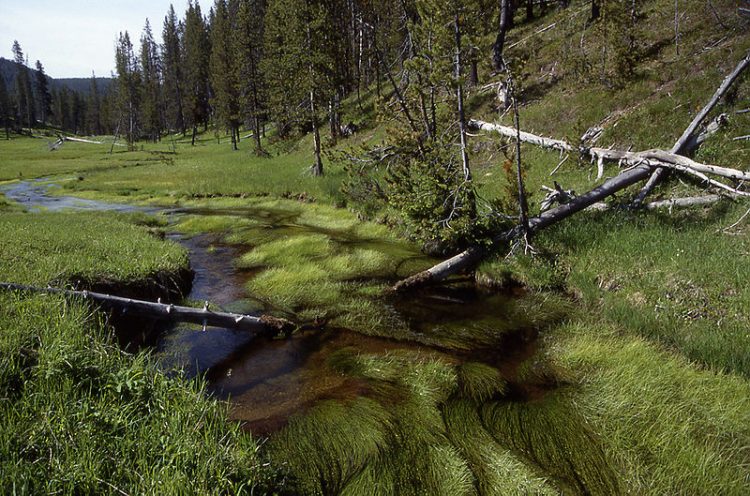
“All of these things reduce the incentive,” Kalt says. “It becomes harder to imagine someone relying on my theory and getting away with it.”
But that doesn’t mean it couldn’t happen, if authorities continue to ignore this loophole. “I’m less concerned about the odds than the stakes,” the law professor said. “I don’t think something is likely to happen, but it would be really bad if it did. If Congress really wanted to fix this, it wouldn’t take long at all. The problem isn’t that it’s complicated; it’s that they’re not interested in it.”
Contacted by VICE about the Zone of Death, a couple of senators offered different explanations for the lack of action from Congress. The press secretary of Wyoming senator Michael Enzi said that after studying the problem, Enzi found that “there does not seem to be a simple legislative fix,” while Idaho senator Jim Risch claims that the whole issue is pure “science fiction”, and if a murder were to happen in this uninhibited area of his state, Idaho would have jurisdiction, despite the statute clearly placing Yellowstone National Park under the “sole and exclusive jurisdiction of the United States.”
One thing is for sure, until the Zone of Death legal loophole is fixed, Brian Kalt has no intention of going anywhere near it, or the whole of Yellowstone, for that matter. When Free Fire came out, he was invited to speak at a series of publicity events, and when asked by someone if he were willing to drive out to the Idaho portion of the park to take some pictures, Kalt said:
“I’m not going there for a million dollars, not until this is fixed and probably not even then. The irony gods would have a field day with that one.”



